Semiconductor is becoming a key field with many preferential investment policies, creating a "fever" in training and career orientation. However, behind the great opportunities are the great challenges that Vietnam has to face after many decades of interruption. Knowledge and Life had an interview with Prof. Dr. Nguyen Van Hieu, Vice President of Phenikaa University, an expert with profound experience in this industry.
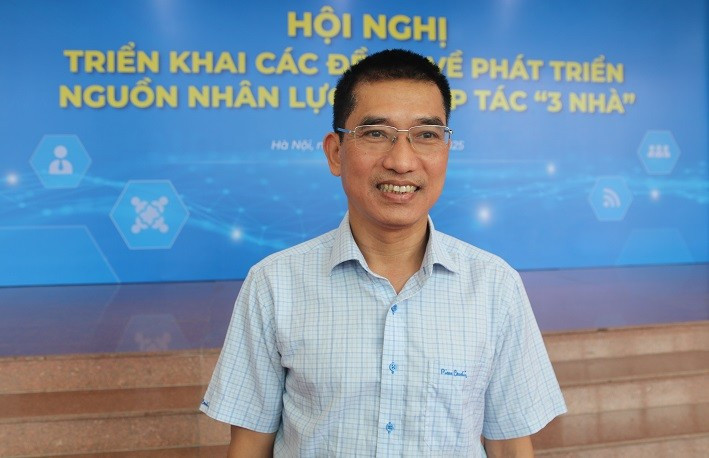
Doctoral thesis had to be "put in the closet", 40 years missed, Slow but still have a chance
- Currently, the State is focusing on key areas such as semiconductors, nuclear power, high-speed railways, etc. As a scientist pursuing basic research, what do you think about the need to create sustainable research to lay the foundation for future development in many fields?
Prof. Dr. Nguyen Van Hieu: We have to be honest with each other that our basic research is still very weak and rudimentary, and we do not have source technologies.
Let me give you an example of elevated trains. Now, to make steel for the rails, have we done any basic research to get the product to that level? Without the source technology, we can only go to the mold and buy it, which will be very difficult to sustain.
This is similar to semiconductor technology, we are about 40-50 years behind the world . When I was in college and graduate school, in Vietnam there were factories like the military's Z181 that started investing in semiconductors. But then there was a pause, now when I look back, the world has gone very far.
For example, I graduated with a major in semiconductors, working on microchips, specifically researching the stability of power electronic microchips. But when I returned to Vietnam, my doctoral thesis had to be put in a cupboard, jokingly said “thrown in the trash”. Because at that time in Vietnam, no one was working in that field, there was no research environment related to my thesis. I had to start a new research direction. Before, I did my PhD in the Faculty of Electrical and Electronics, but when I returned to Vietnam, I couldn’t do it, so I had to switch to Physics. That’s why I have a professorship in Physics.
This field in Vietnam has been too slow. For example, in 1997-1998, we were able to manufacture components such as transistors and thin films in laboratories at Hanoi University of Science and Technology. Although it was not modern, it was possible, but unfortunately it was a long time later.
But it is still slow to do. Currently, although the production part is still weak, we can do well in the IC design part. The Vietnamese people are very hard-working and intelligent, so this is very suitable. Abroad, there are many very good Vietnamese IC design engineers, working for leading companies in France and other countries. I have many friends working in very large semiconductor companies. We will succeed when we do it. The IC design part is slow but there is still a chance.
Need to solve the problem of "chip design for whom"?
- As the Professor just shared, there are many talented Vietnamese people working for large corporations or teaching at foreign universities. So with the policy of attracting overseas Vietnamese human resources to return home, according to the Professor, what kind of open policy do we need to have to help them contribute to the country while still ensuring their lives?
Prof. Dr. Nguyen Van Hieu: Actually, this is a very difficult problem. Income and salary are only one part. Creating a special income regime and policy for these talents is not easy. Previously, I was in the team that developed a policy to attract human resources for the Vietnam - Korea Institute of Science and Technology V-KIST, but I found it very difficult to implement because we cannot hire truly talented people with that level of treatment.
However, there is something more important, which is the working environment, including facilities and other conditions. For example, let's talk about microchip design. After the design is finished, who will sell it to, who will use it? Which Vietnamese businesses will buy the chips? After the production is finished, where will they be consumed? We hardly have our own electronics manufacturing companies. When there is no market, people do not have an environment to create and develop products, it is very difficult to attract them.
Overseas, engineers always have orders from large enterprises. In Vietnam, products mainly come from companies like LG, Samsung, and they have their own chip supply. We lack domestic companies specializing in electronics manufacturing. This makes it difficult for good engineers to develop.
Therefore, attracting talented Vietnamese people is not only about salary, but also about the working environment. The government needs to focus on investing in domestic enterprises to produce supporting technology and truly “made in Vietnam” electronic products. Only then will the microchip design industry have an outlet and be able to develop.
Consider choosing a major: “not everyone can learn semiconductors”
- With your own experience and role as an education manager, what advice do you have for candidates in career orientation, especially in "hot" industries such as semiconductors, to avoid the risk of following trends without a job?
Prof. Dr. Nguyen Van Hieu: First and foremost, you have to see if that major is suitable for your abilities and capabilities. Not everyone can study semiconductors. It requires mathematical thinking, very good optimization and especially perseverance, carefulness and caution. Only those who directly design chips understand how hard and difficult it is. It is like training a doctor, one wrong surgery can lead to a mile-long mistake. A chip only needs one small mistake in design and the entire product worth billions of dollars can be thrown away.
Second, you have to carefully research the job market and see where the job positions are. There are, but not as many as we expect, because there are very few electronics manufacturing companies in Vietnam. Semiconductor design companies in Vietnam are still mainly outsourcing to foreign companies.
Therefore, choosing a career depends on many factors, and requires careful consideration and analysis. Parents and students should not just follow the trend. They need to ask themselves: Where will I work after graduation? How many companies will I work for? These are practical questions that need to be answered.
- Thank you very much, Professor!
Prof. Dr. Nguyen Van Hieu was born in 1972 in Thua Thien Hue. In 2004, he defended his PhD thesis at the Faculty of Electrical Engineering, University of Twente, Netherlands. After that, he worked at the International Training Institute for Materials Science (ITIMS) until July 2018. Here, he was awarded the title of Associate Professor in 2009 and Professor in 2015. At the time of his award, he was the youngest professor in 2015. During his career, Prof. Hieu was appointed to the positions of Deputy Director (2008) and Director of the ITIMS Institute (2015), Hanoi University of Science and Technology.
He is a prestigious scientist at home and abroad, a member of the Scientific Council of Hanoi University of Science and Technology and Vietnam National University, Hanoi for the 2015-2020 term. He was also elected as a member of the Scientific Council of Physics, National Foundation for Science and Technology Development (Nafosted) for the 2013-2015 and 2015-2018 terms. He has been invited to review for more than 40 prestigious international journals in the field of physics and materials science.
Source: https://khoahocdoisong.vn/gsts-nguyen-van-hieu-con-sot-ban-dan-va-noi-lo-dau-ra-post1548991.html












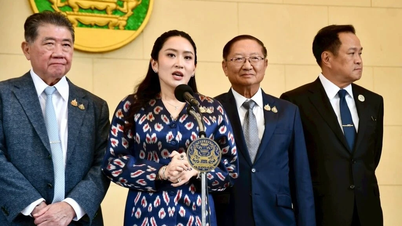
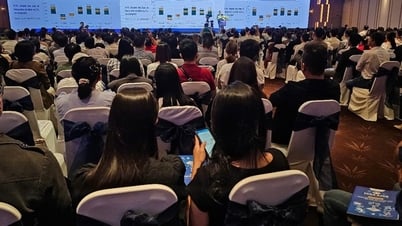





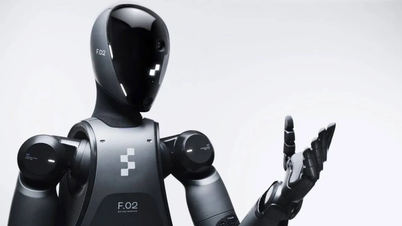

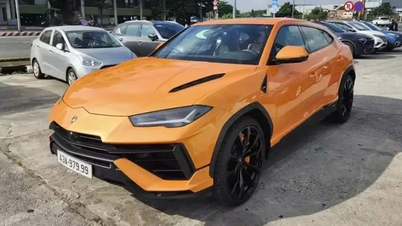


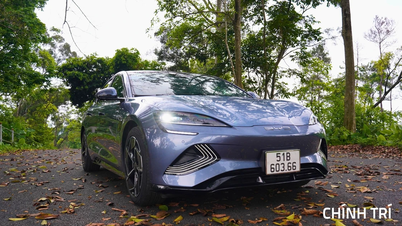

































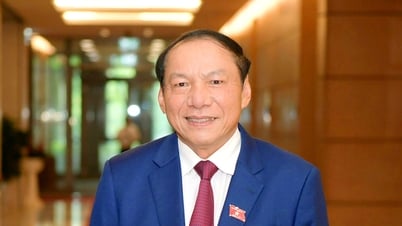








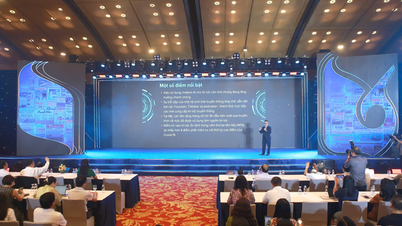








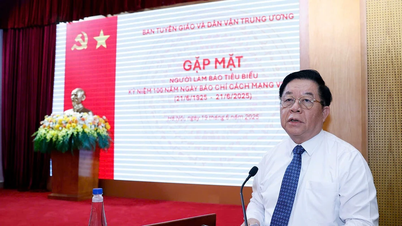

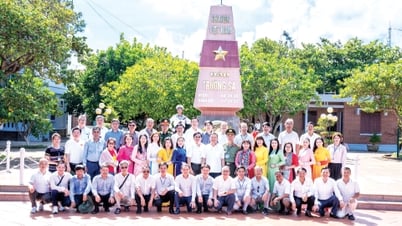



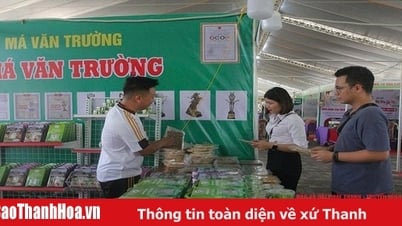













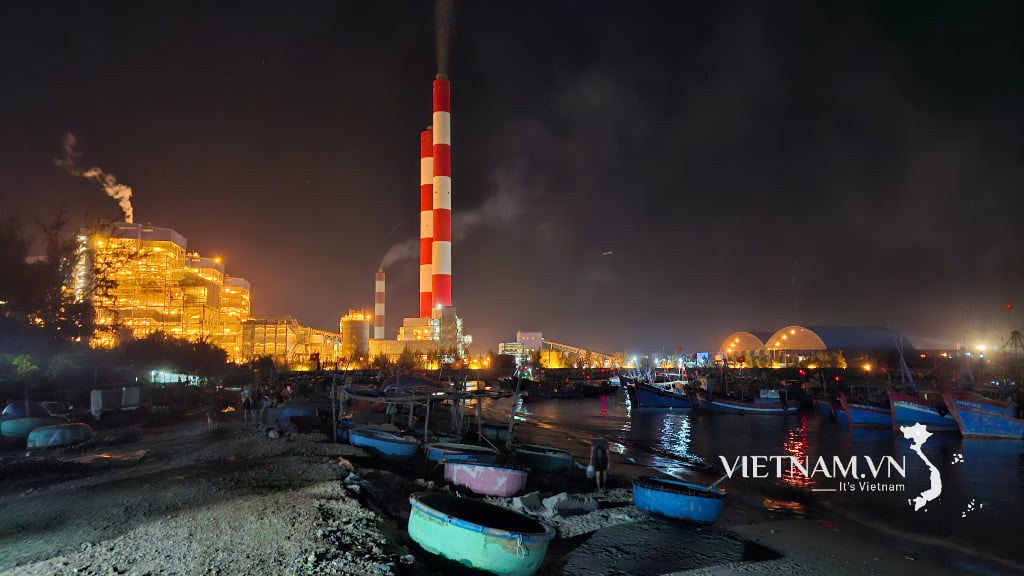
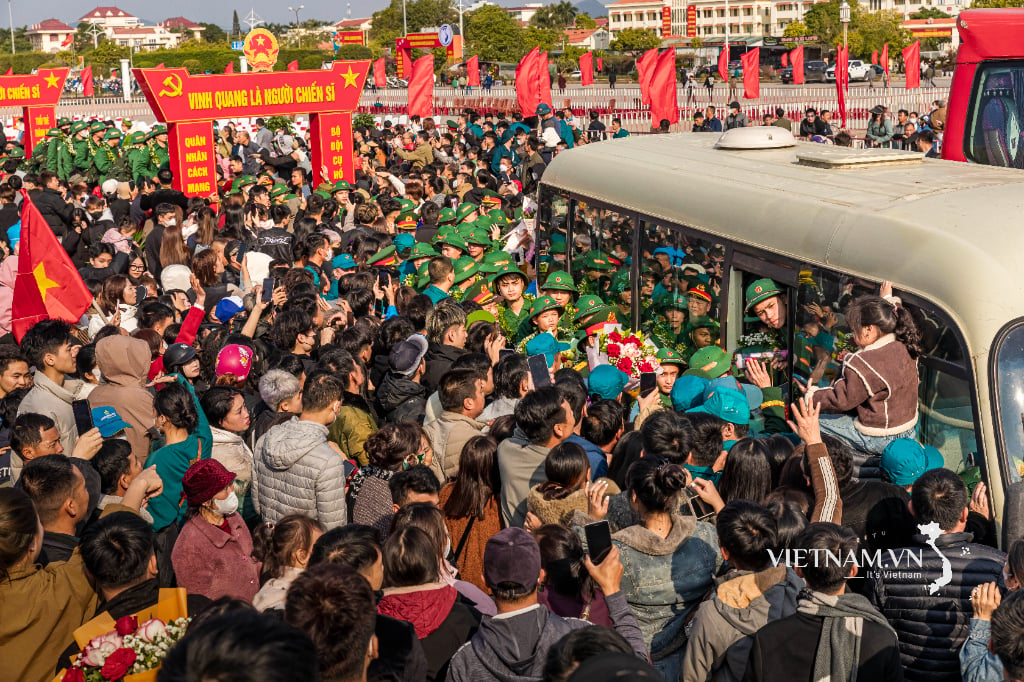

Comment (0)